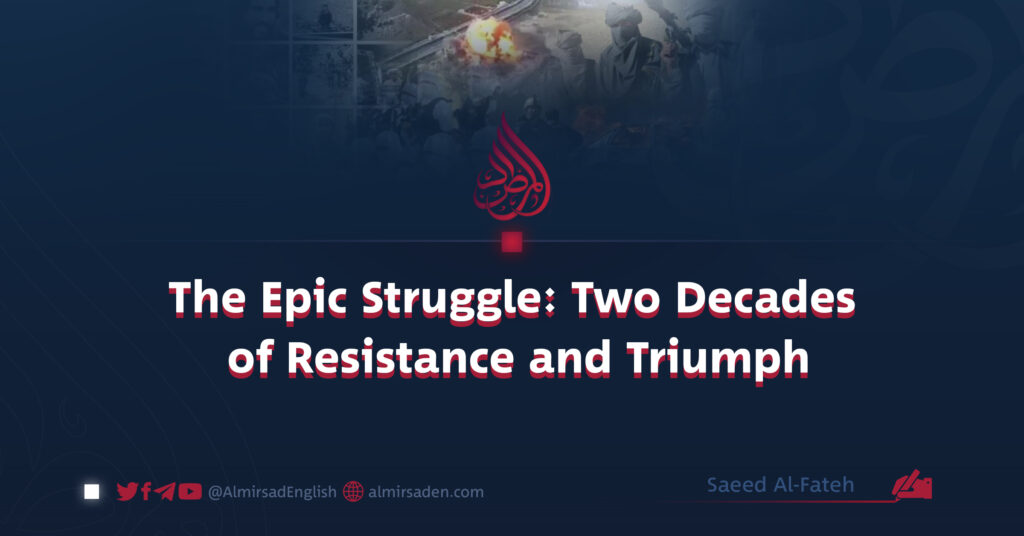Saeed Al-Fateh
Approximately two decades ago, as the Islamic Emirate solidified its dominion over Afghanistan and was on the verge of capturing the Panjshir district, individuals such as Massoud, Rabbani, and other dollar worshipers appealed to the United States and NATO for assistance.
The true intention of the United States was the obliteration of the Islamic system, as it was becoming a unifying force for the Ummah and was seen as a potential threat to the Jewish dominion. The Mujahideen encountered significant challenges. The U.S. conducted airstrikes on innocent civilians and public areas, resulting in the deaths of numerous innocent individuals.
Amidst these bombings, the cabinet, handpicked at the Bonn Conference to safeguard Western interests, arrived in Kabul. Most of the members of this cabinet were those who had been meticulously trained by the West over the years to excel in corruption and treachery within a democratic administration.
This cabinet took power under the pretense of declaring a transitional government. The U.S. and this administration unleashed a reign of terror. The people desired peace, but under their hands, individuals were either disappearing or being martyred through brutal cruelty.
These circumstances reignited the innate spirit of jihad within the ranks of the Islamic Emirate’s forces. In the battle of Shah-i-Kot, the religious class of the nation, which had historically been at the forefront of sacrifices in all revolutions, once again took up arms against the adversary.
The conflict intensified across the land, and the toll of the fallen grew with each passing day. The nation stood divided into two factions: on one side, the virtuous Taliban, and on the other, the so-called government propped up by colonial powers and their local henchmen.
The Taliban desired peace, with the enforcement of Sharia as their ultimate goal. They steadfastly rejected foreign influence in any form. Even when their own families sometimes did not support them, the people rallied to their cause. The masses financed this entire revolution, and the Mujahideen’s resolve only hardened through wounds, imprisonments, trials, and martyrdoms.
On the opposing side, the colonial powers were bent on erasing Islam from existence. Armed with advanced weaponry and supported by 52 nations, they nonetheless saw their morale crumble day by day.
The colonial puppets terrorized the people so much that they even earned a badge of distinction from the Jews. Their death was not for martyrdom or Paradise but for those who came from the West. They were so consumed by their love for material things that for twenty years, they could not distinguish between truth and falsehood.
For two decades, the struggle between truth and falsehood raged. In the end, the falsehood—though equipped with the latest armaments, far stronger, and vastly superior in numbers—was vanquished.
Conversely, the group that was militarily inferior, fewer in numbers, yet fortified by the power of faith, emerged victorious. Upon seizing power, they eschewed vengeance and declared a general amnesty, pardoning their assailants and dedicating themselves to the nation’s prosperity.
Today, by the grace of Allah, after three years, these sincere individuals have reached a stage where they can once again revive the dormant hopes of the Ummah.
